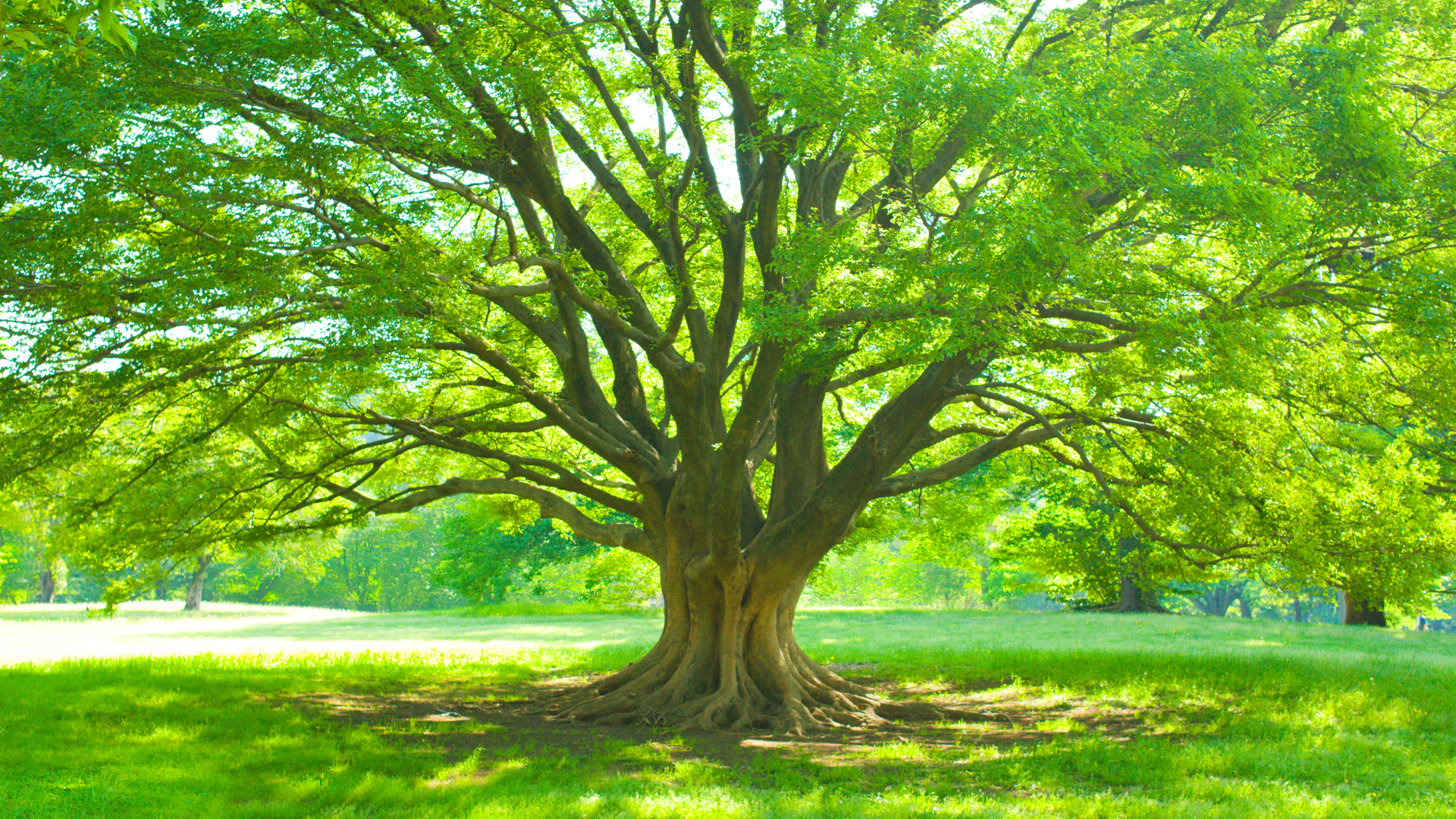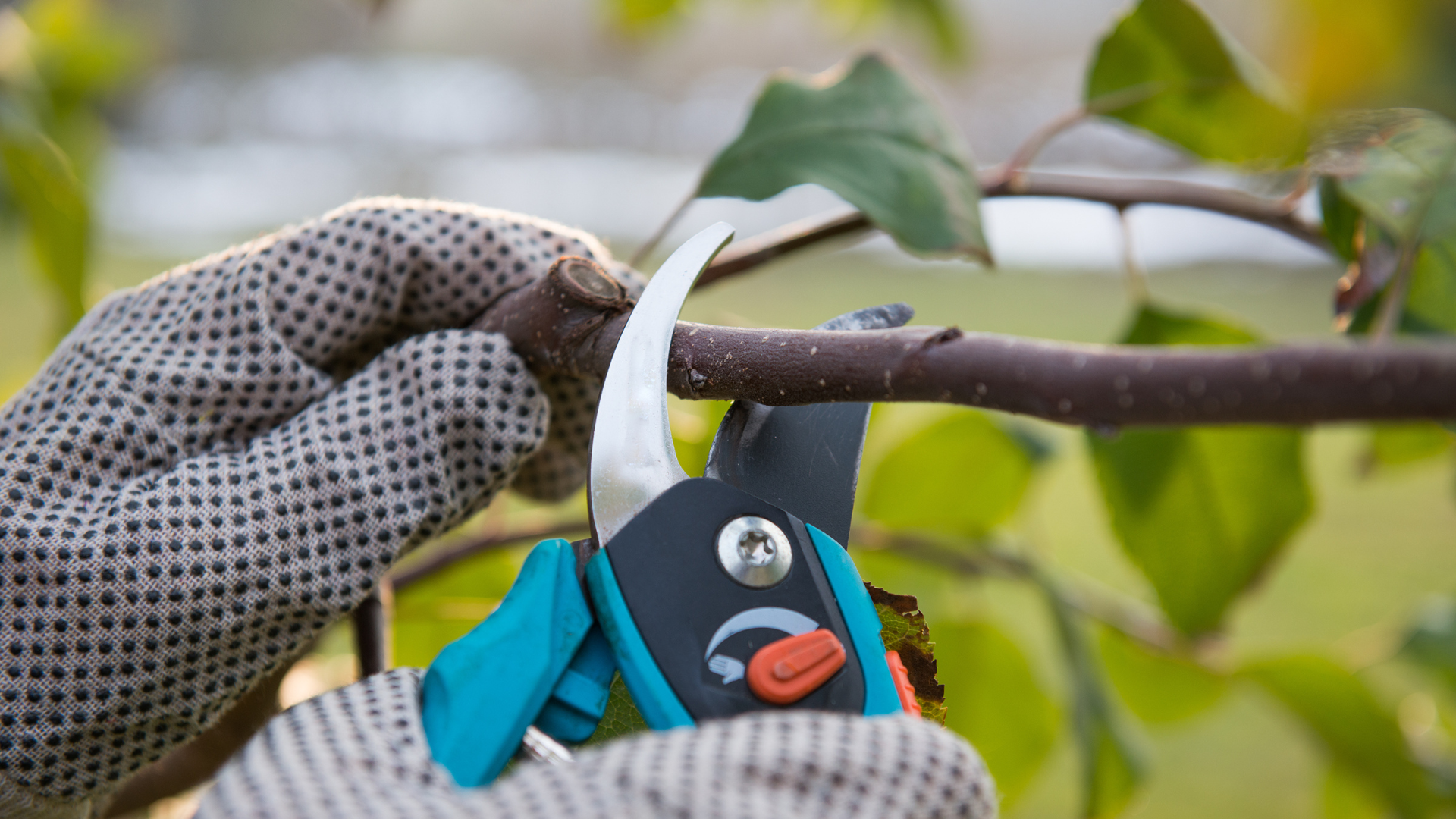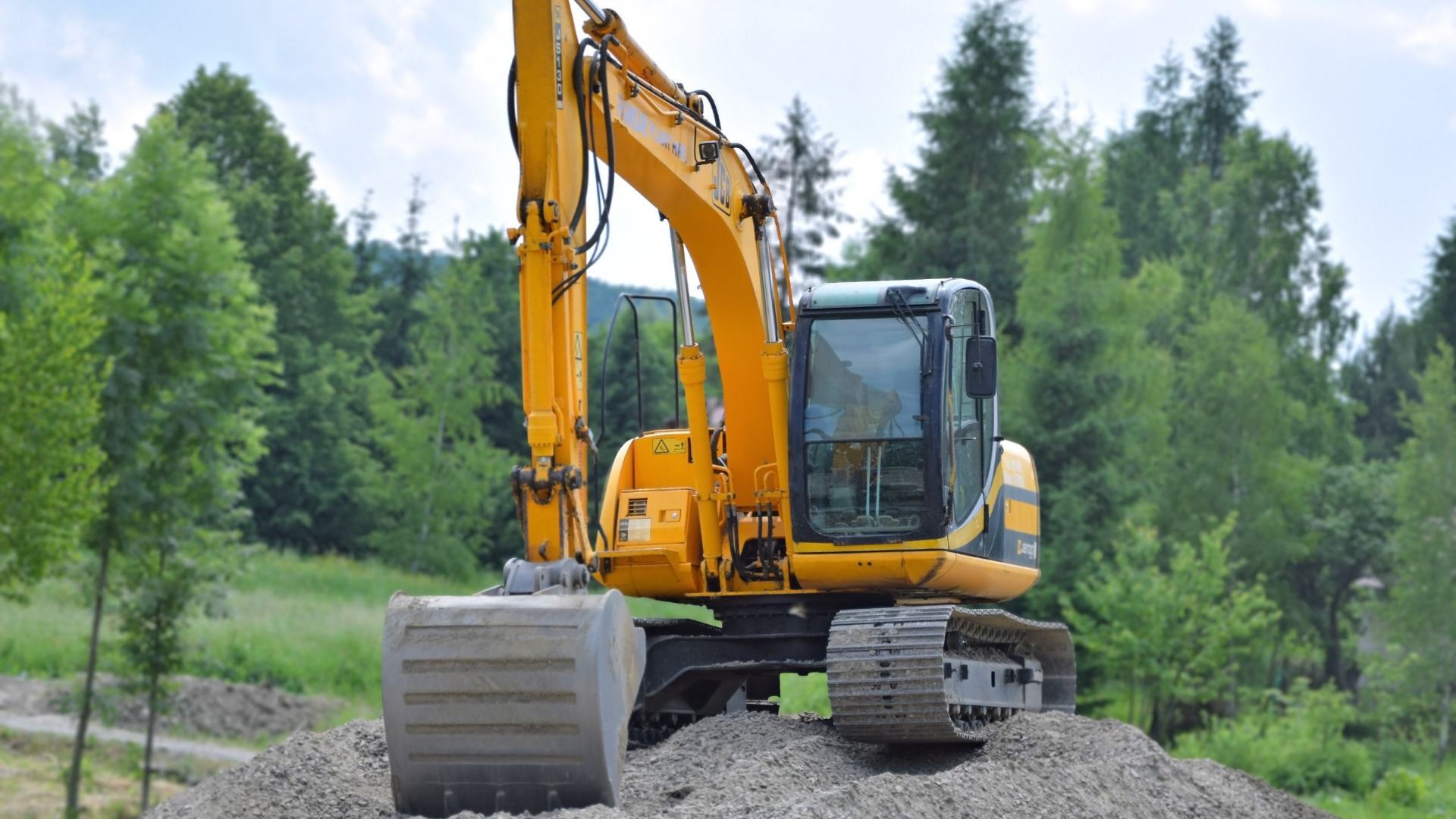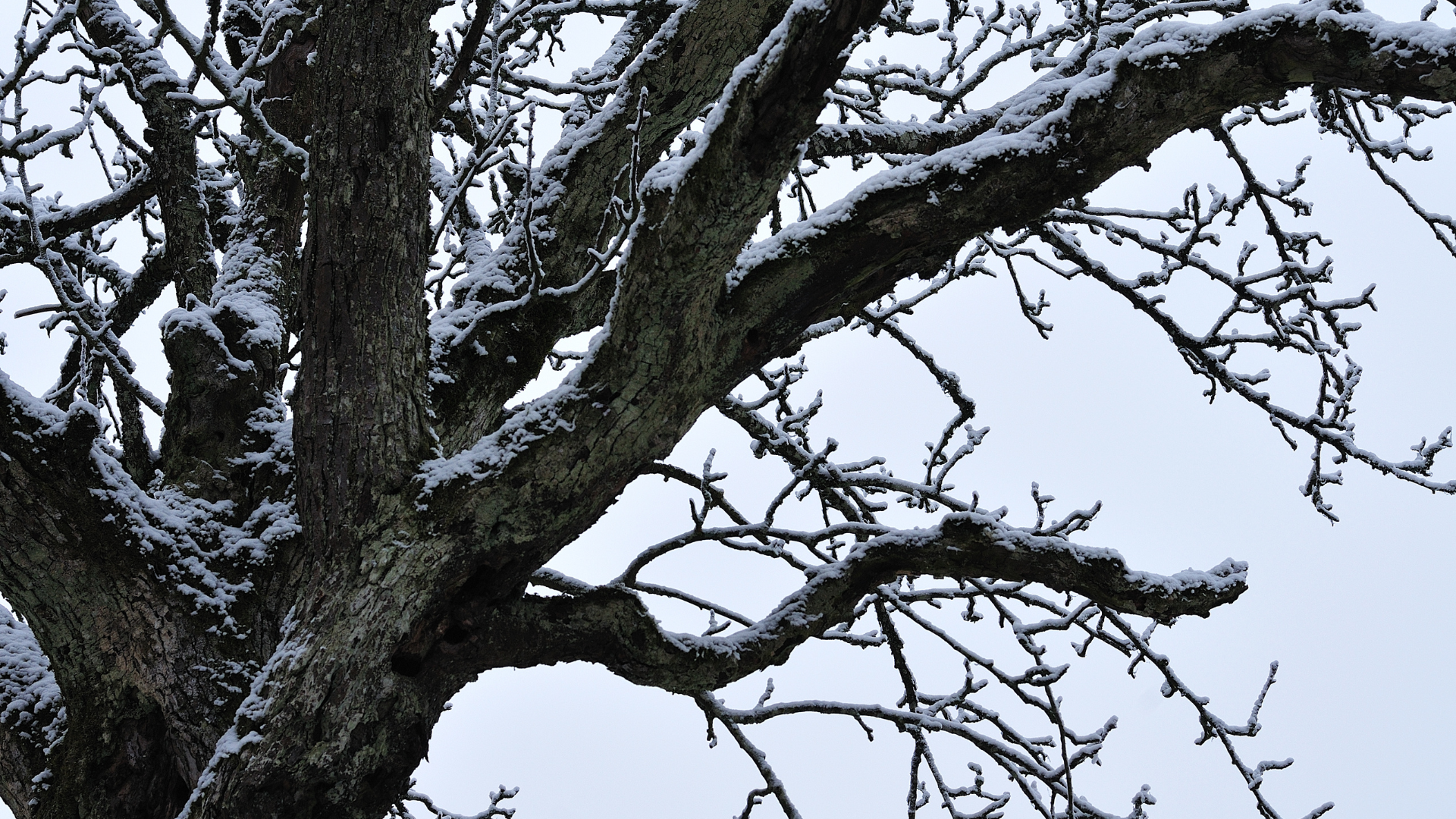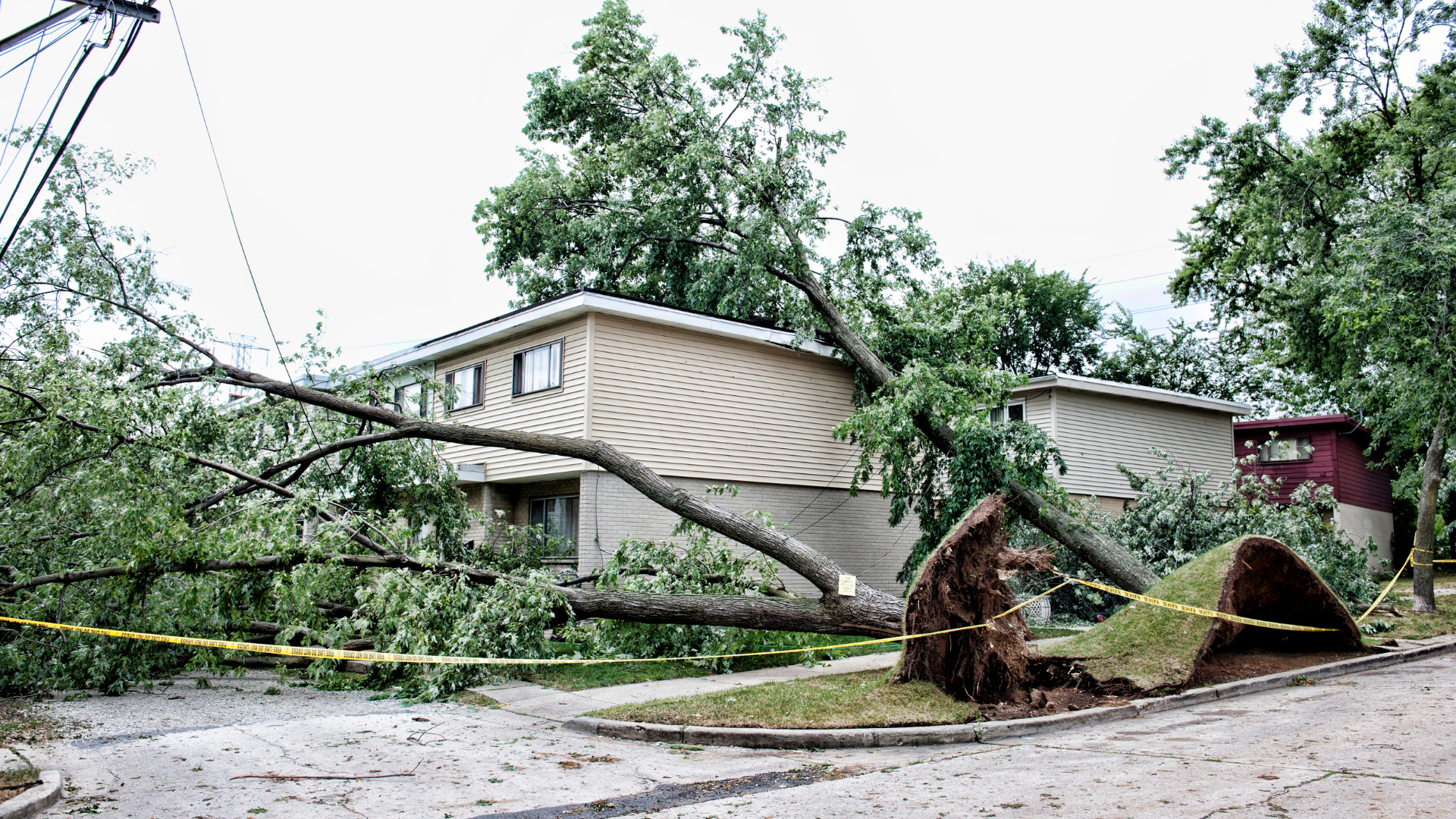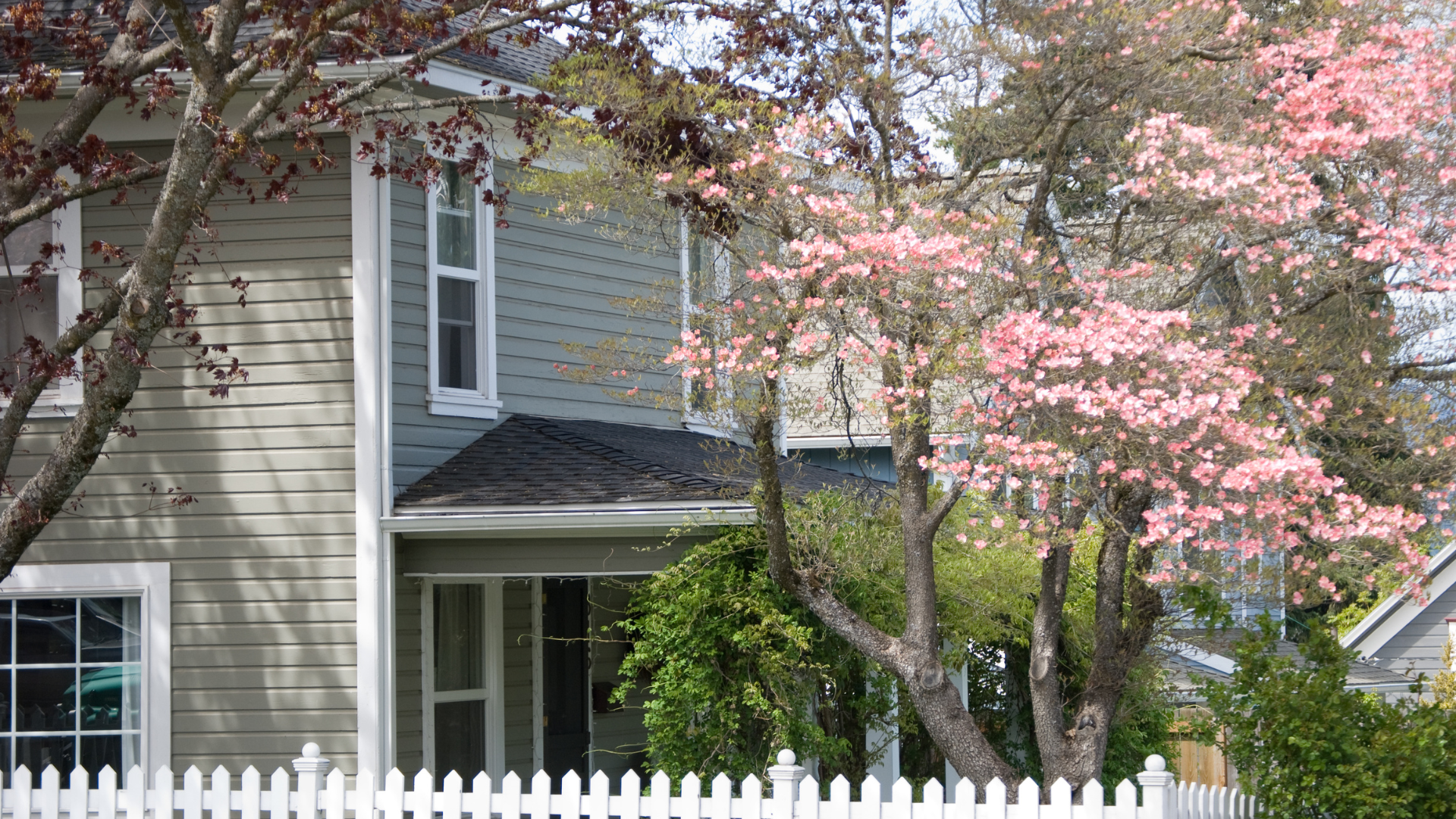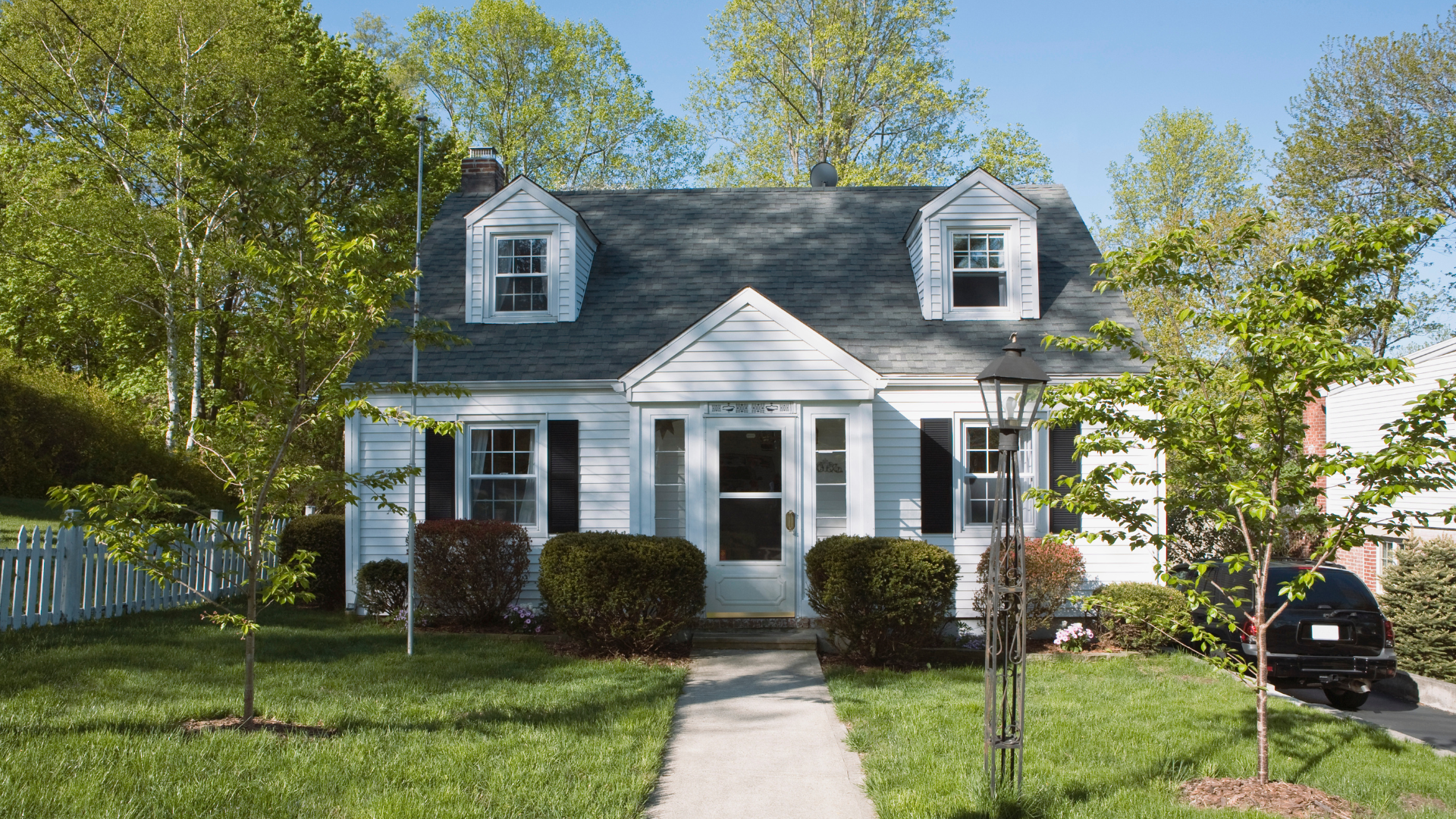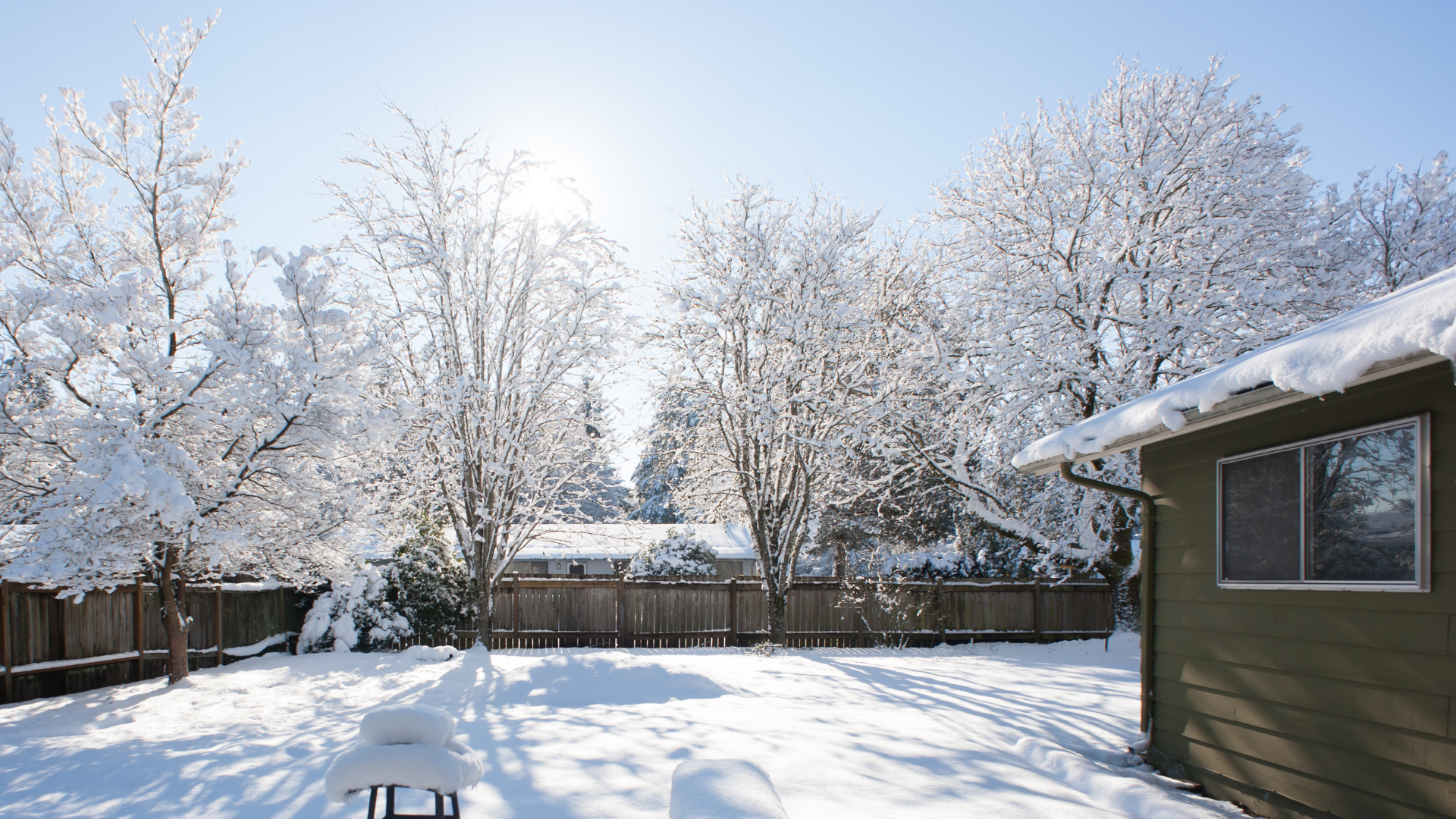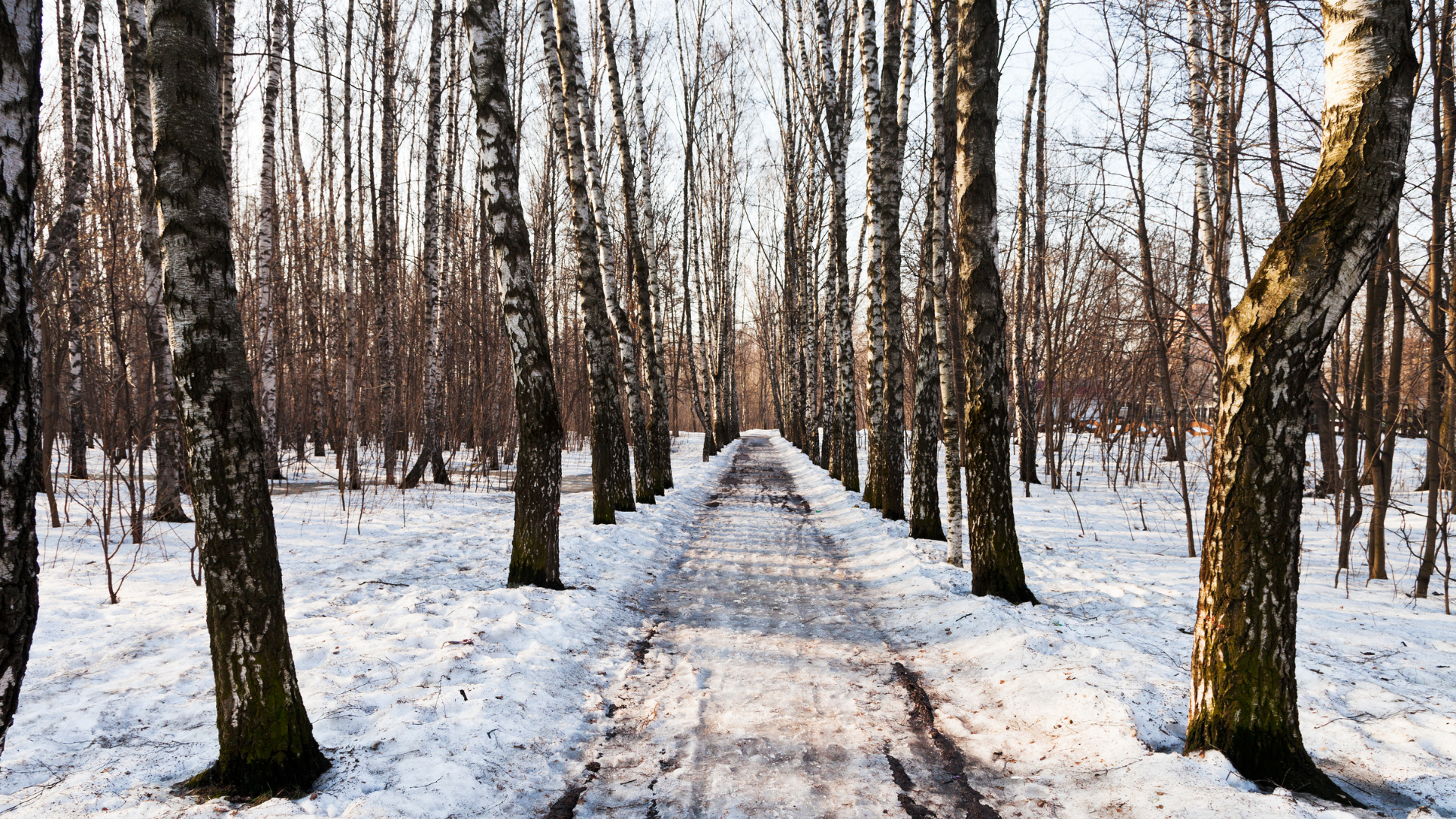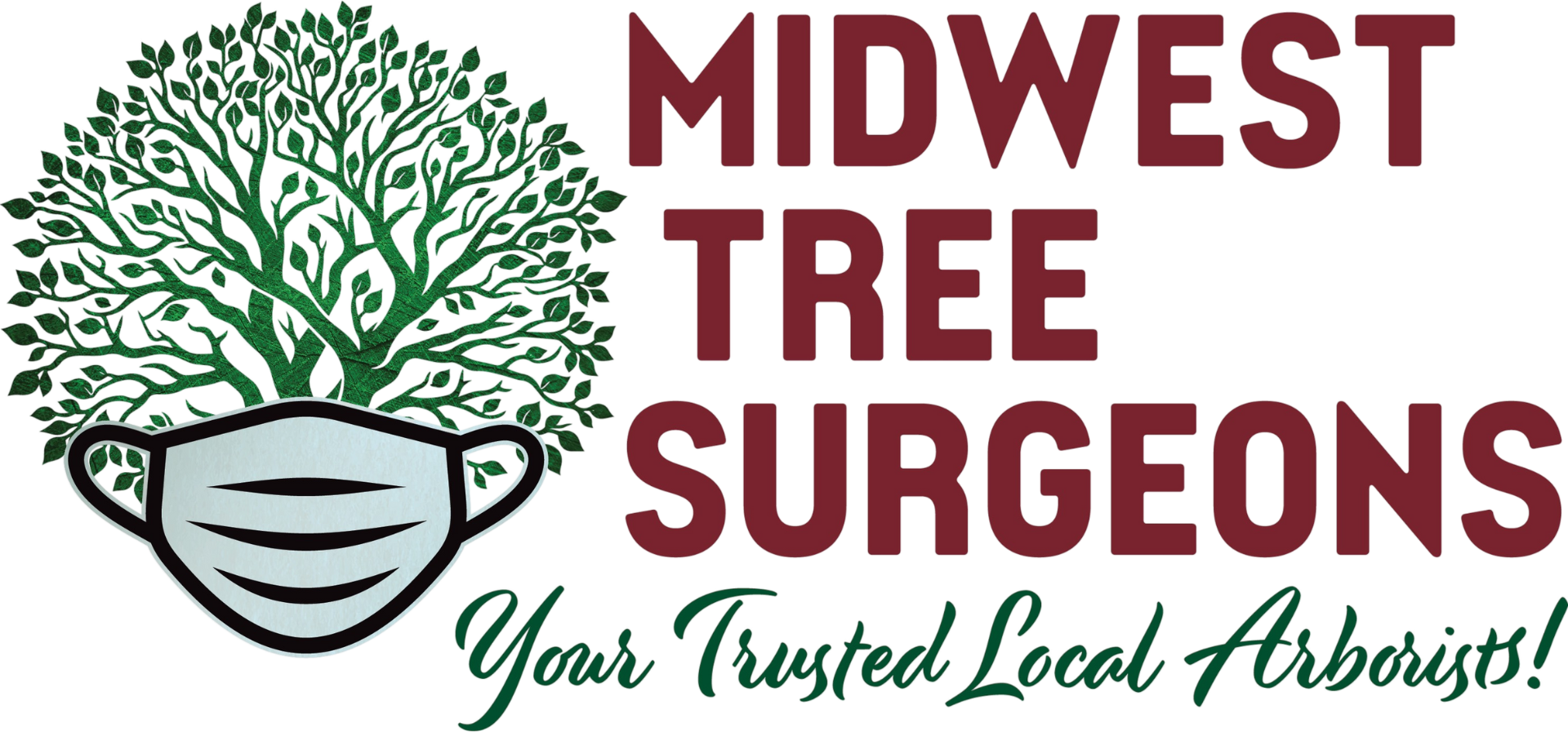How Proper Tree Care Reduces Liability for Homeowners
Owning a home comes with responsibilities that go beyond paying the mortgage and maintaining the interior. The landscape, particularly large trees, can also pose risks if not properly cared for. While trees add beauty, shade, character, and value to a property, neglected or unhealthy trees can quickly become liabilities. At Midwest Tree Surgeons, we help homeowners protect their investment and reduce potential liability through expert tree care services.
The Legal Responsibility of Homeowners
Homeowners are generally responsible for ensuring that their property does not present unreasonable hazards to others. This is called “Duty of Care” in law. This responsibility includes trees. If a neglected or diseased tree falls and damages a neighbor’s property, vehicle, or injures someone, the homeowner may be held liable. Even branches that extend over property lines or public sidewalks can create risks if they break unexpectedly. Proactive care ensures that homeowners are fulfilling their duty to maintain a safe environment.
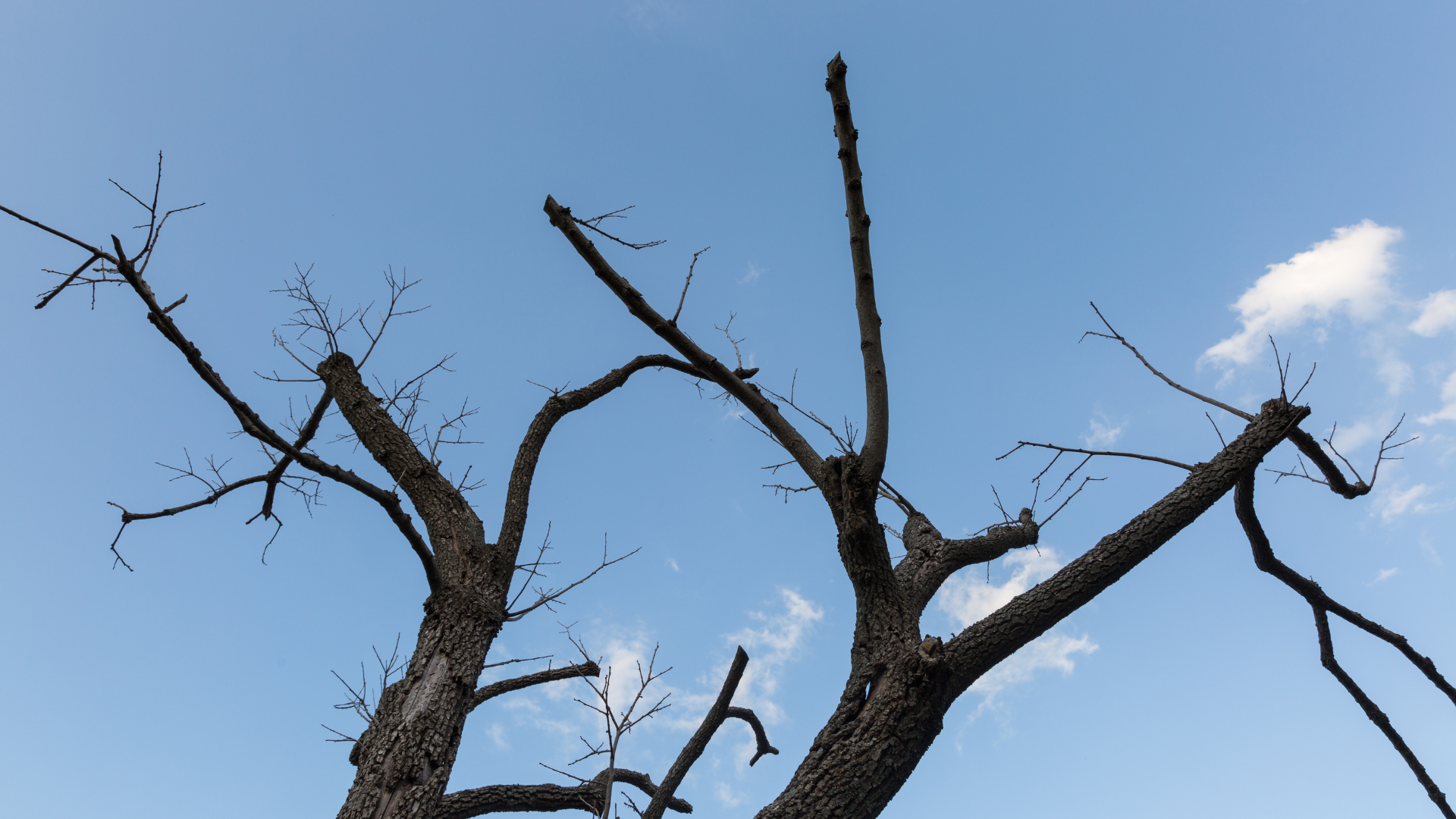
Common Hazards From Neglected Trees
Trees that are not regularly inspected or maintained can develop hidden dangers. Some of the most common hazards include:
- Weak or dead branches: These can break without warning, particularly during storms, causing injuries or property damage.
- Root damage: Uncontrolled roots may crack sidewalks, driveways, or even interfere with underground utilities, creating both safety hazards and costly repairs.
- Diseased or decayed trunks: Structural weakness in a tree can make it more likely to topple in high winds.
- Overgrown branches: Branches hanging over roofs, fences, or vehicles increase the risk of damage when they fall.
By addressing these hazards before they cause accidents, homeowners reduce the chance of being held financially or legally responsible.
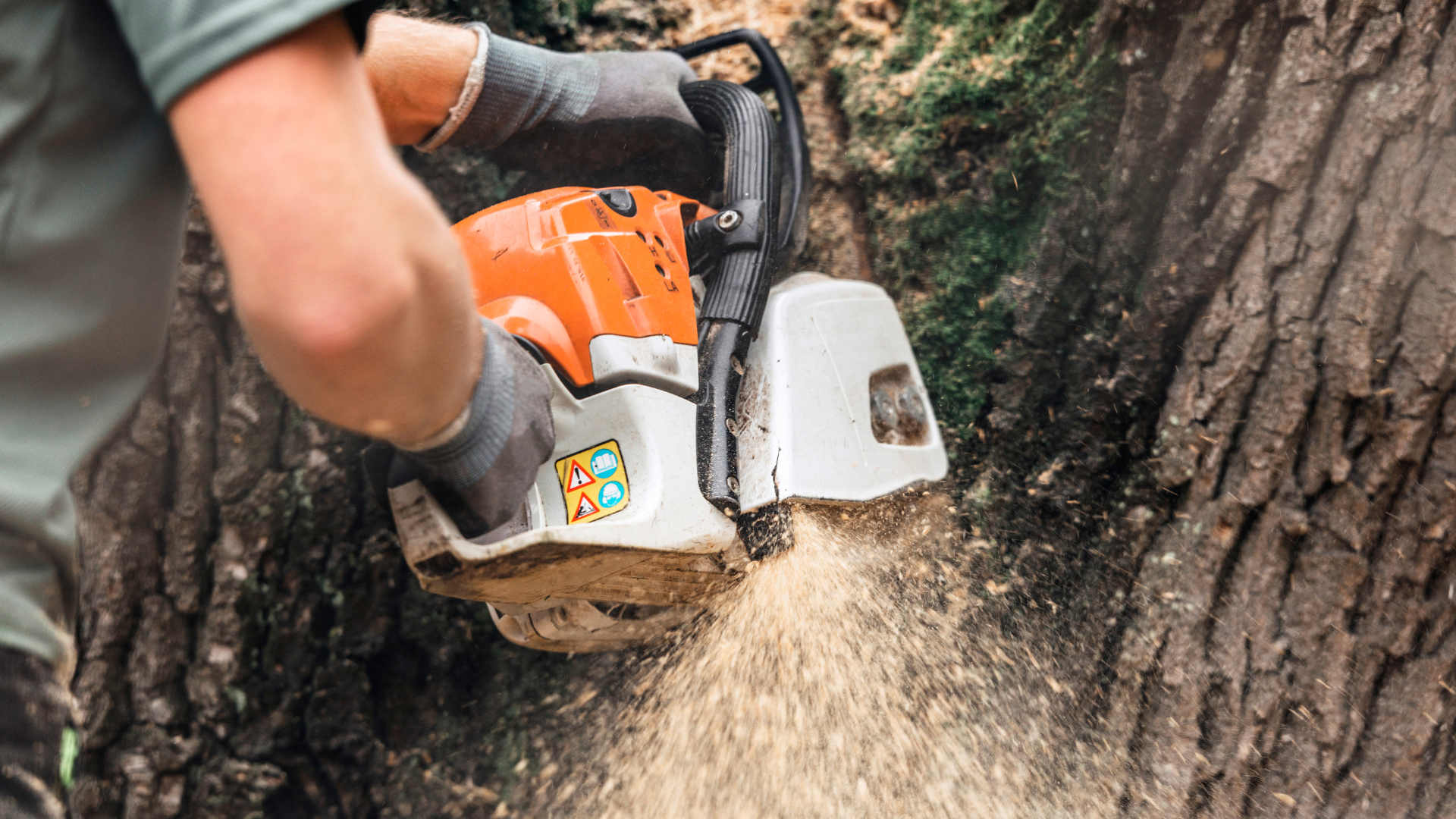
How Professional Tree Care Reduces Risks
Professional tree care involves more than trimming branches. It includes a thorough assessment of the tree’s overall health, growth patterns, and stability. Certified arborists have the expertise to identify weaknesses that may not be obvious to the untrained eye. Services such as pruning, cabling, disease treatment, and removal of unsafe trees all play a role in minimizing liability.
For example, strategic pruning not only improves tree health but also prevents branches from encroaching on neighboring properties. Removing deadwood reduces the likelihood of branches falling during storms. In cases where a tree is beyond saving, safe removal eliminates a hazard before it can cause damage.
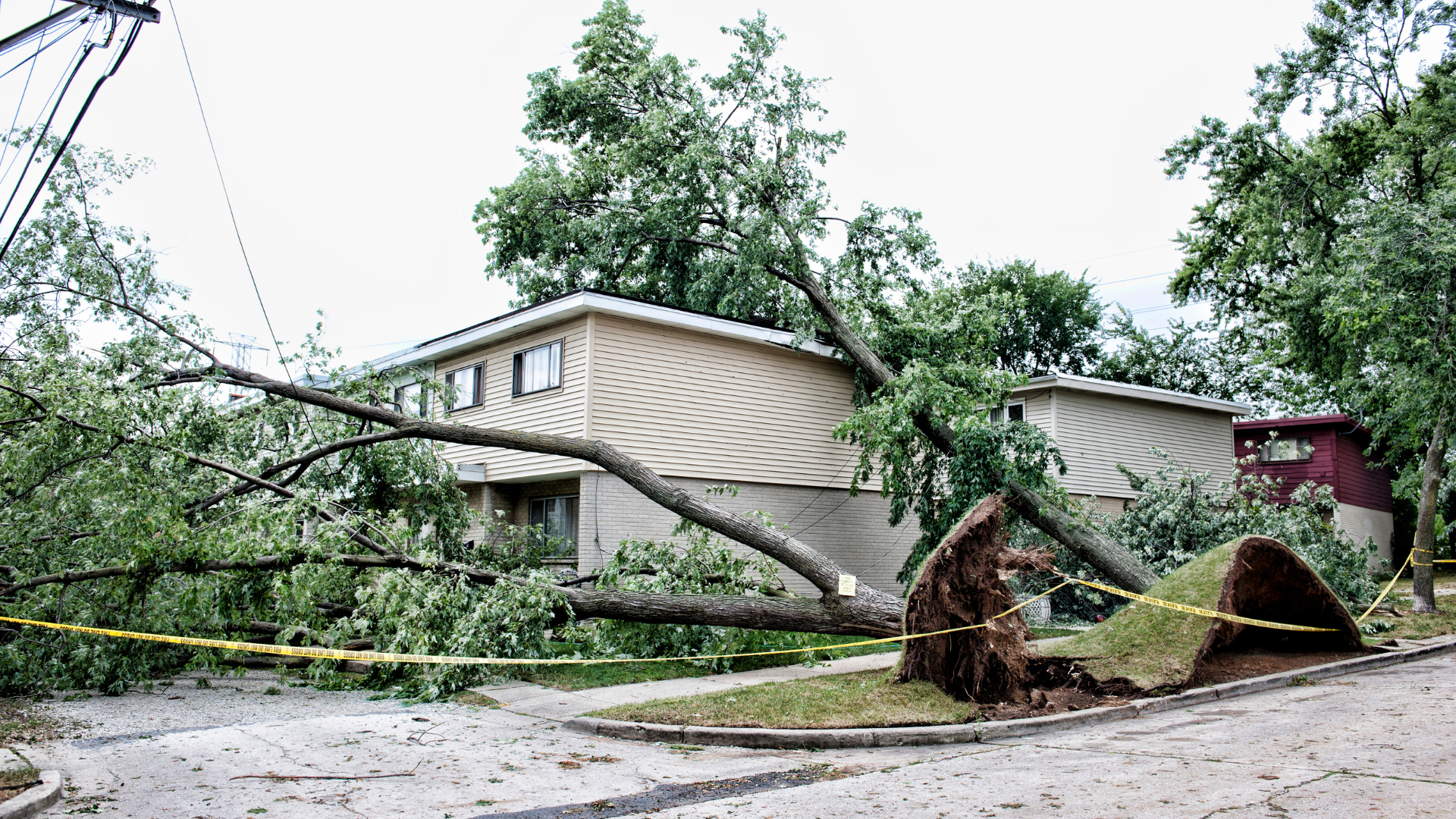
Insurance Implications
Proper tree maintenance also has
implications for homeowners insurance. Many policies require that homeowners take reasonable steps to prevent damage. If a claim arises from a tree that was clearly neglected, insurance providers may deny coverage, leaving the homeowner responsible for costs. Regular professional tree care demonstrates responsible property management and may prevent disputes with insurers.
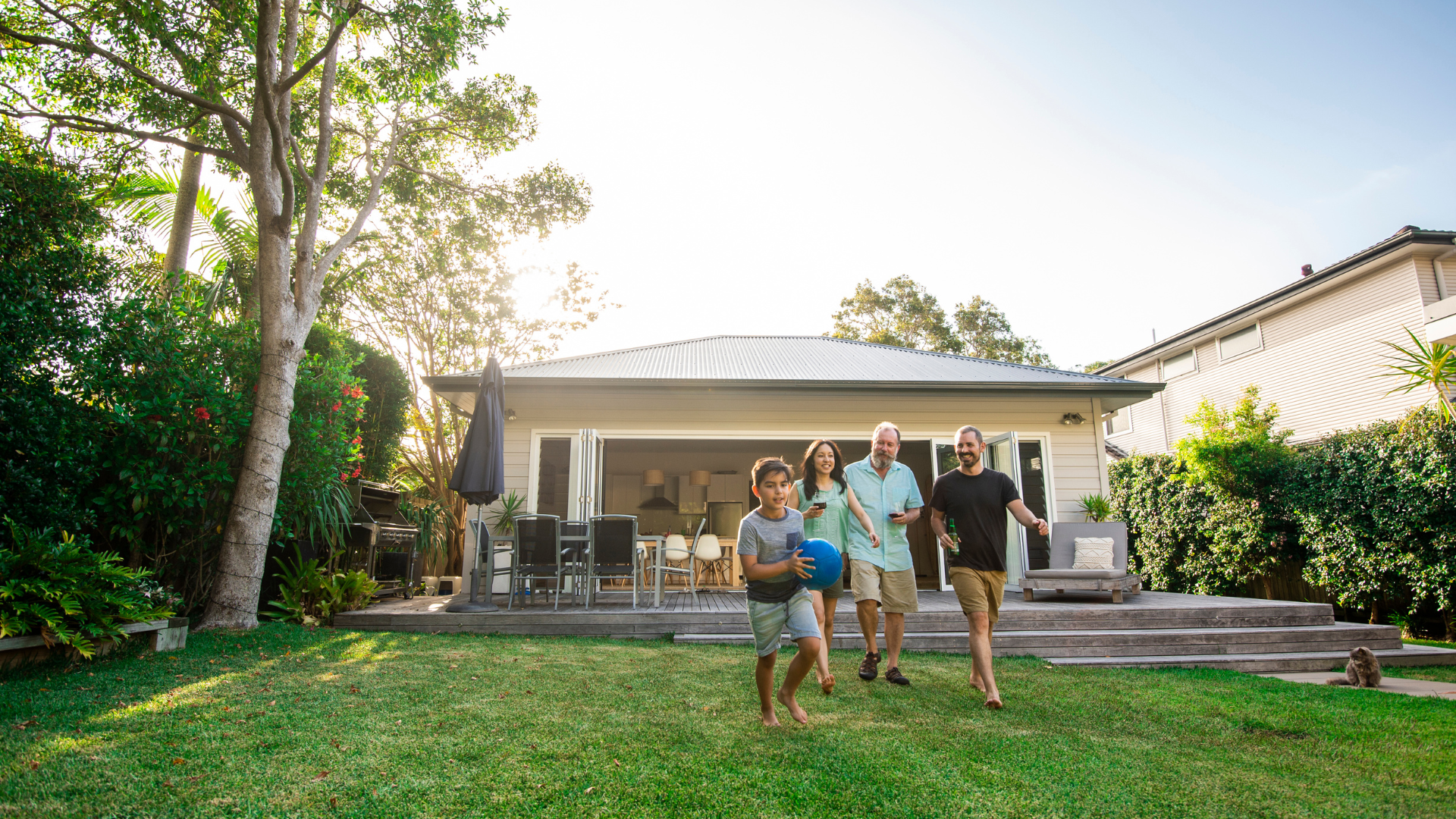
Protecting Family, Neighbors, and Community
Liability is not only about financial responsibility. It is also about protecting the safety of those who live on or near your property.
A falling limb can cause severe injury to family members, visitors, or neighbors. Poorly maintained trees along sidewalks or driveways create risks for pedestrians. By investing in regular tree care, homeowners safeguard both loved ones and community members.

Final Thoughts
Trees are one of the most valuable features of a home’s landscape, but they require proper care to remain assets rather than liabilities. Neglected trees can lead to property damage, injuries, and significant legal and financial consequences. Professional tree care is a proactive measure that protects homeowners, their families, and their communities.
At Midwest Tree Surgeons, we provide comprehensive tree care designed to maintain health, enhance beauty, and reduce risk. By working with our experienced team, homeowners can feel confident that their trees are safe, strong, and no longer a source of liability.
